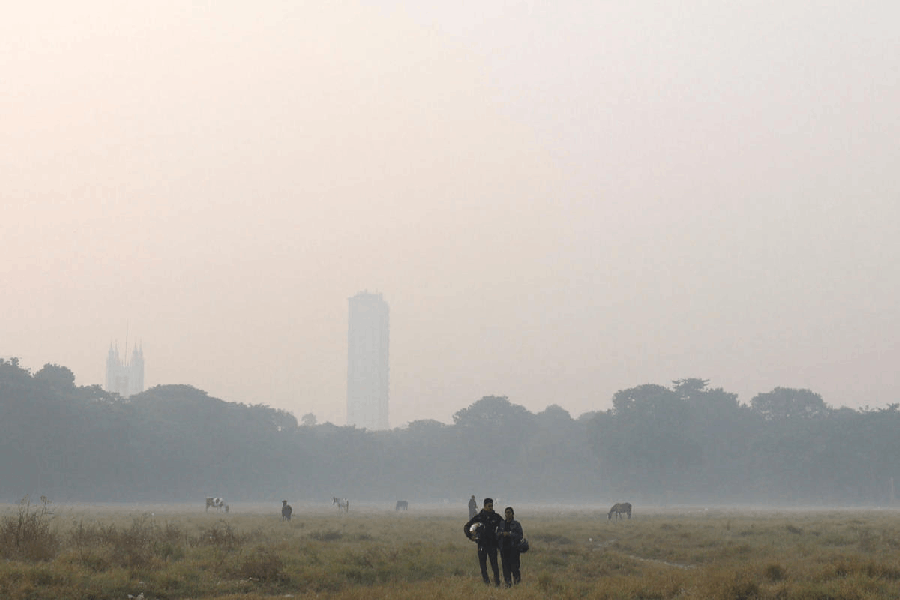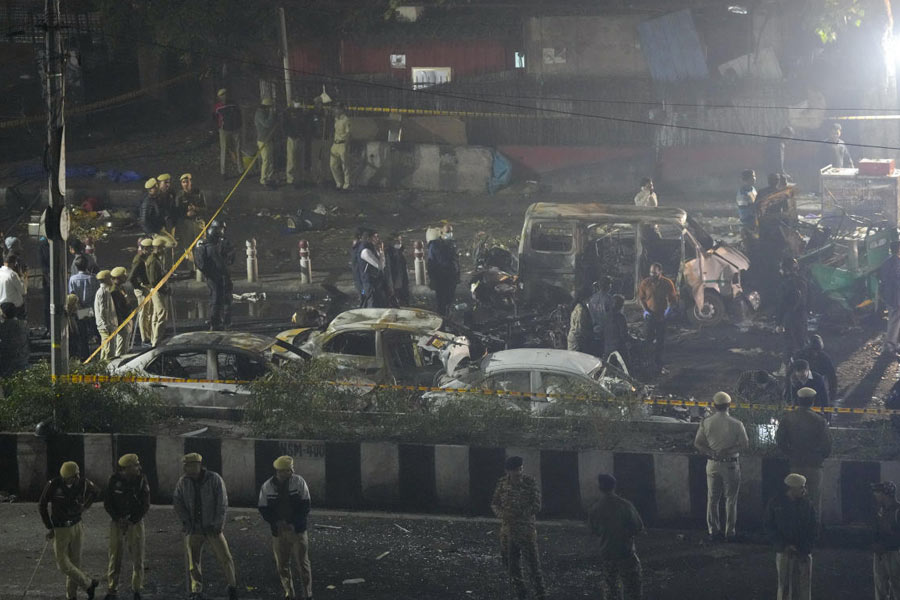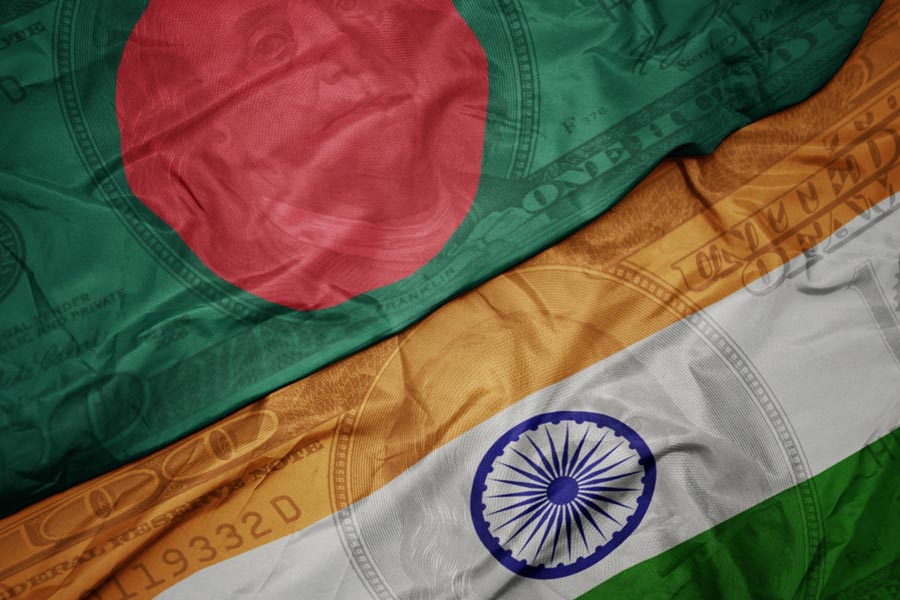The Indian prime minister is of the view that the coronavirus is a universal threat. He is correct — but only partially. There are emerging signs that certain constituencies are at greater risk from the virus and its consequences than others. In the United Kingdom and the United States of America, ethnic minorities have reportedly suffered disproportionate rates of infection. Similarly, the coronavirus has exposed the deep, pervasive fault line between the rich and the poor through its brutal exposure of global hunger. India, Venezuela, Colombia, Kenya, Sudan, Zimbabwe, to name only a few countries, have witnessed an unprecedented number of people — the poor, labourers, migrants, refugees — queueing up or even rioting to get access to food. Ironically, the present phenomenon of hunger has not been precipitated by food shortage. According to some estimates, as many as 265 million people could be pushed to the brink of starvation by the end of this year. The causes, unsurprisingly, are the ruptures that Covid-19 has caused in a number of spheres. In the Indian context, the sudden disappearance of jobs — the informal sector is the worst-affected — a hastily imposed lockdown by an unprepared government, the drying up of remittances, the government’s stubborn refusal to provide monetary relief during the crisis as well as gaps in the welfare net have aggravated the situation.
This is not to suggest that hunger is a transient phenomenon. In the developing world — India is a case in point — hunger deaths are not uncommon even though the granaries are bursting at the seams. The problem lies with the warts that continue to plague India’s public distribution system. Leakages and corruption are the ugliest among these. It has been reported that during the lockdown as many as 865 PDS dealers in Jharkhand and quite a few in neighbouring Bihar have had to be penalized on account of various irregularities. The scale and reach of the PDS, unfortunately, have not been matched by adequate regulatory supervision. There is a need to plug these breaches as well as distribute a far greater share of stored food stocks to the needy. But these interventions must also be complemented by basic universal income, increasing wage rates and job security in the informal sector as well as rejuvenating local economies to reduce migration. Pandemics, it is being feared, will be a recurring feature of modernity. Hunger, too, will persist in the absence of radical policy changes.











